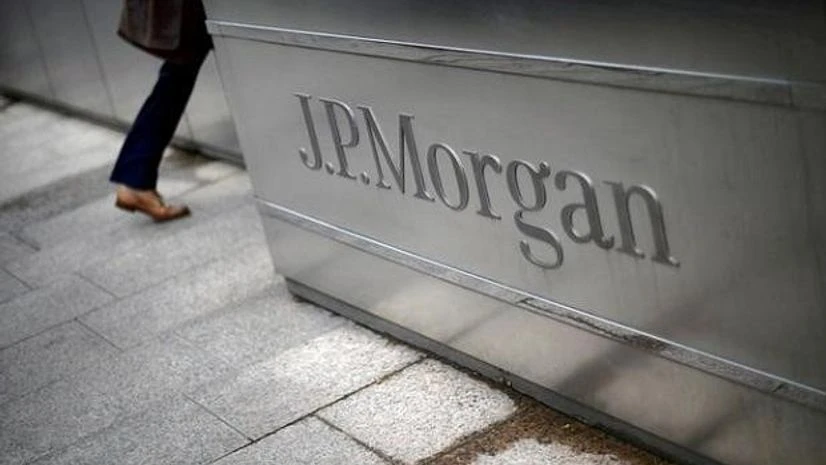Inclusion of the central government’s bonds into J P Morgan’s EM bond benchmark will increase investment flows into the country and allay fears of a weakening balance of payments (BoP) position due to high oil prices, according to economists.
The team of economists at global bank Barclays, in an impact note, said, “While most of the inflows will come next year, we also expect some additional front-loaded inflows in FY23-24 as active fund managers take positions before the actual inclusion.”
It is estimated that these inflows could be around $10 billion through the rest of the year, implying they should be enough to offset the risks from higher oil prices.
A $10 per barrel increase in oil prices adversely impacts India’s current account balance by nearly $10-12 billion (30-32 basis points or bps of gross domestic product). This keeps the BoP in nearly the same position as our forecast even if oil prices average $10 per barrel above the $85 per barrel estimate incorporated in the current account forecasts, Barclays added.
Madan Sabnavis, chief economist, Bank of Baroda (BoB) said the inclusion would mean more foreign exchange coming into the country. “This could be $30 billion or so to begin with and build up over time. This is good for India’s BoP and we can see reserves going up. This will, however, depend on how the current account deficit (CAD) and other capital flows behave.
Also Read
Madhavi Arora, lead economist, Emkay Global Financial Services, said apart from the passive flows owing to the one-time stock adjustment, this move could lead to fresh active flows in the debt market.
Arora said it will help India finance its fiscal and CAD as well as enhance the liquidity and ownership base of G-Secs.
“We see upside risk to our FY24E BoP surplus of $10-12 billion, but are keeping an eye on net flows. These may be influenced by factors other than bond inclusion (such as global risk appetite and external growth dynamics),” Arora added.

)
